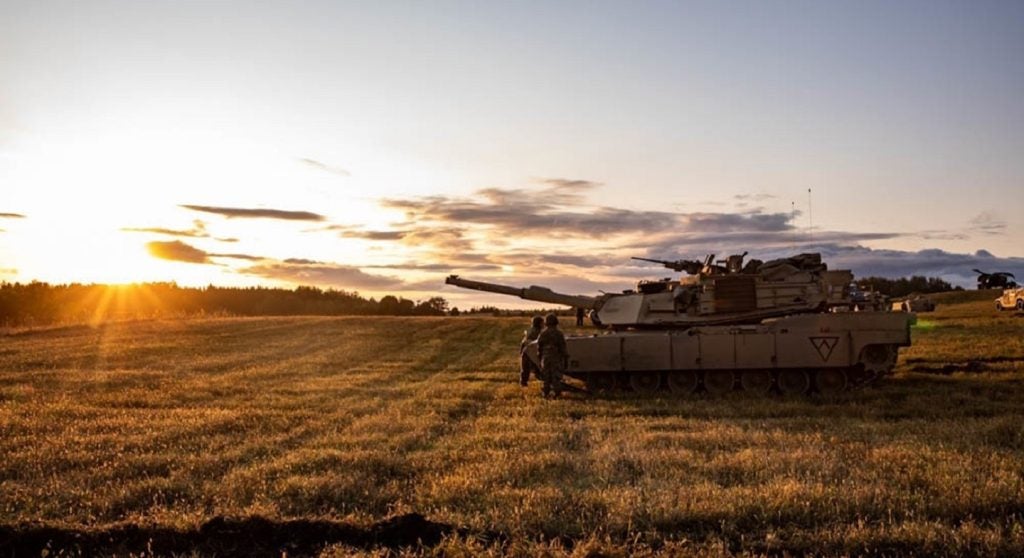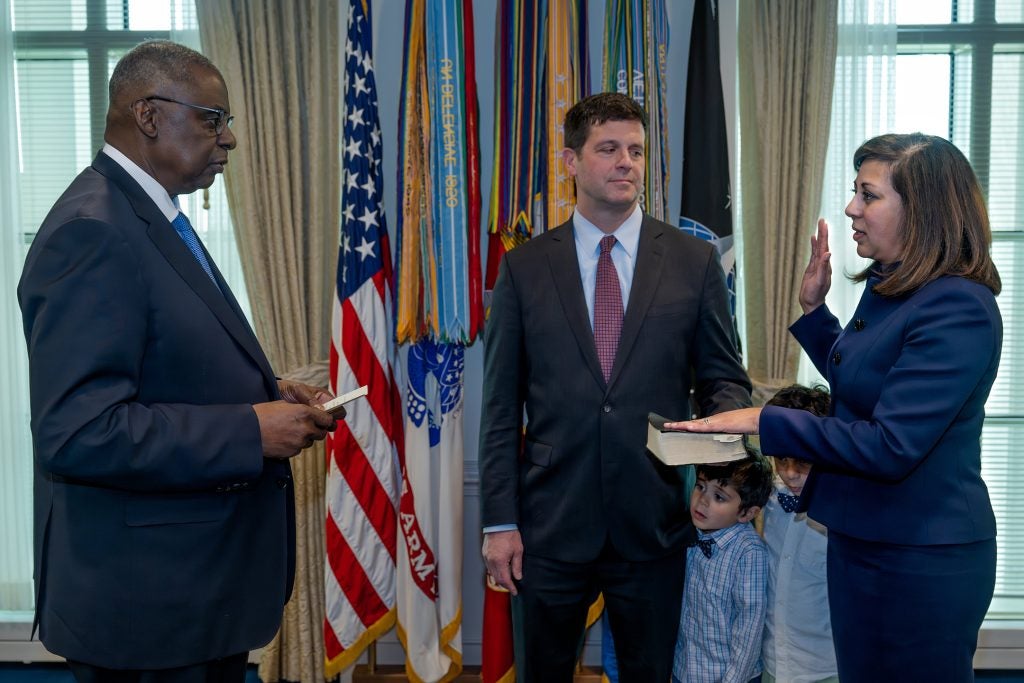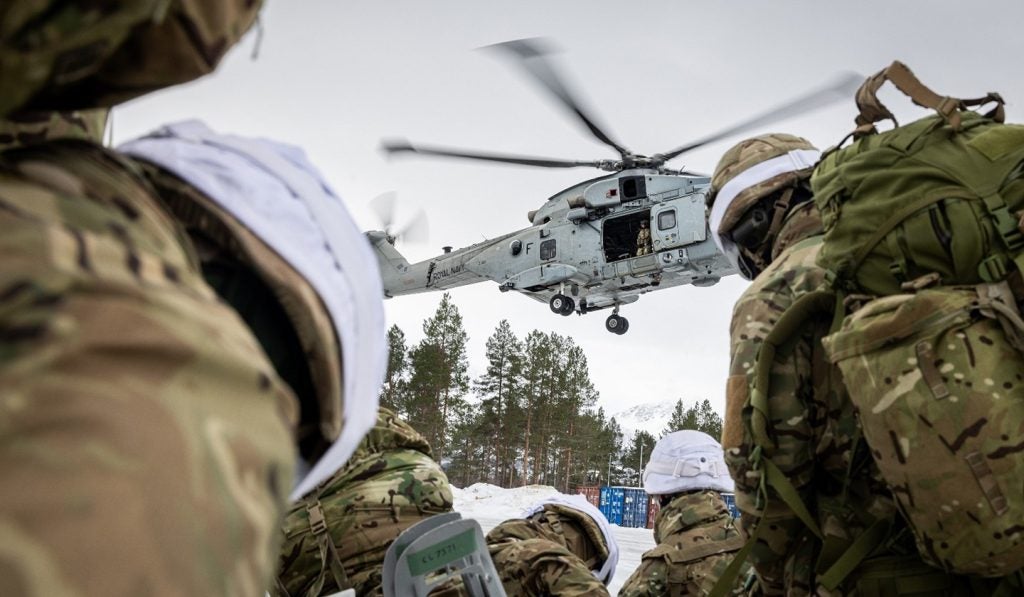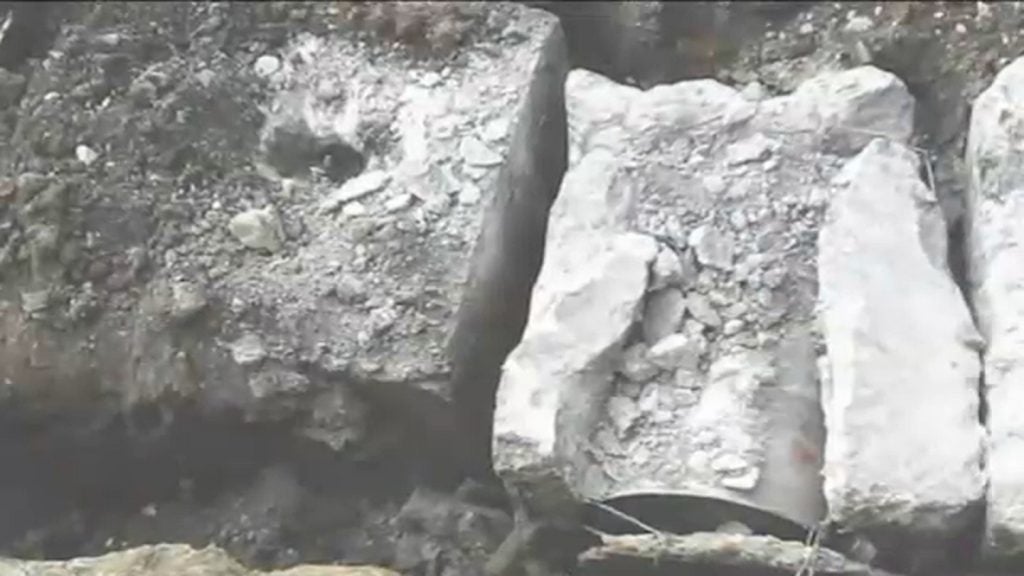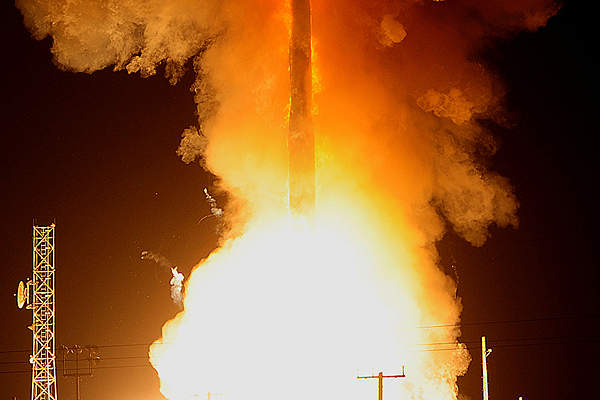
The US has not announced its final decision as to whether or not it will extend the treaty; however,evidence suggests that it is unlikely unless certain conditions are met.
Russian President Vladimir Putin told a meeting of Defence Ministry officials in December: “Russia is willing to immediately, as soon as possible, before the year is out, renew this treaty without any preconditions.”
A senior State Department official explained in a briefing in March this year that US President Donald Trump demands trilateral arms control with China. China has refused. According to US non-profit public policy organisation Brookings, China has less than one-tenth of the number of nuclear warheads of the US and Russia each.
However, the US Defense Intelligence Agency reported: “Over the next decade, China is likely to at least double the size of its nuclear stockpile in the course of implementing the most rapid expansion and diversification of its nuclear arsenal in China’s history.
“Last year, China launched more ballistic missiles for testing and training than the rest of the world combined.”
Presidential Arms Control Envoy Marshall Billingslea stated Chinese involvement as the US’s first condition for extension in June this year, alongside two further conditions related to Russia’s non-strategic nuclear weapons and verification methods that require negotiation.
How well do you really know your competitors?
Access the most comprehensive Company Profiles on the market, powered by GlobalData. Save hours of research. Gain competitive edge.

Thank you!
Your download email will arrive shortly
Not ready to buy yet? Download a free sample
We are confident about the unique quality of our Company Profiles. However, we want you to make the most beneficial decision for your business, so we offer a free sample that you can download by submitting the below form
By GlobalDataIt would take time to negotiate an agreement to these conditions, and the expiration date is fast approaching. The reality is that expiration is more likely than extension.
Responses to expiration
The CBO report outlines the potential ways in which both parties, but in particular the US, may respond to the expiration of the treaty.
A crucial implication of the treaty’s expiration is that any previously-acquired transparency between nations would be lost. Some critics question the reliability of Russian verification methods because of Russia’s history of treaty violations, which have caused the US to pull out of other treaties.
This lack of transparency would lead to uncertainty about the other party’s nuclear forces. Both parties could deal with this uncertainty in a manner of ways.
Each party may choose not to make any changes to its current nuclear forces. Equally, one party may choose to expand their forces, whilst the other does not. This may be to gain an advantage over the other, or because they fear that the other is trying to gain an advantage over them. Or, it may well be that both parties expand their forces, for the aforementioned reasons.
The CBO considered these possibilities and investigated the costs involved if the treaty were to expire.
Expansion of strategic nuclear forces
The report mainly focusses on the probability and costs of the US responding by expanding its nuclear forces. It investigates the costs of increasing deployed US strategic nuclear forces to the levels of each of the three previous arms control treaties, with two approaches at each level.
The CBO explains in its report: “A lower-cost and less flexible approach would increase the number of warheads allocated to each missile and bomber to, or near to, its maximum (an approach known as uploading) and minimise the number of additional delivery systems purchased if any.
“A more flexible and higher-cost approach would purchase enough delivery systems to reach the desired total numbers of warheads while maintaining (as nearly as possible) the current number of warheads allocated to each missile and bomber.”
The CBO also allows the potential for a level between both approaches. The levels used in the study are the Moscow Treaty (1,700 to 2,200 warheads), the START II treaty (3,000 to 3,500 warheads), and the START I treaty (6,000 warheads).
The report showed that: “Under the more flexible approach, the additional costs of expanding to START II limits would lead to total production costs roughly 50% higher than those currently planned. For START I, the costs would be nearly three times those currently planned.”
Expansion to the Moscow Treaty limits would have no expense as current and planned US nuclear forces meet the limits.
Expansion of intelligence capabilities
One approach would be to expand the US’s intelligence capabilities. The CBO explains in its report:
“The United States fields a variety of satellites, both classified and unclassified, to collect intelligence about adversaries through high-resolution imagery, infrared detection of missile launches, interception of electromagnetic communication, and other methods.”
The US would have to rely more heavily on these methods if it were no longer in the treaty, which requires on-site inspections and other transparency measures.
However, if the treaty expires, US satellites would be at risk of interference, which the treaty currently prohibits. This could be anything from performance degradation through jamming or other techniques to direct attack. The cost of expanding or improving the US’s intelligence capabilities would be significant, with high-capability satellites averaging $1.1bn each.
Expansion of missile defences
The CBO report concludes that expanding missile defences would only be an option if the risk of a nuclear attack from Russia had increased or in the face of uncertainty. However, such expansions would require policy change and would cost about $5bn.



